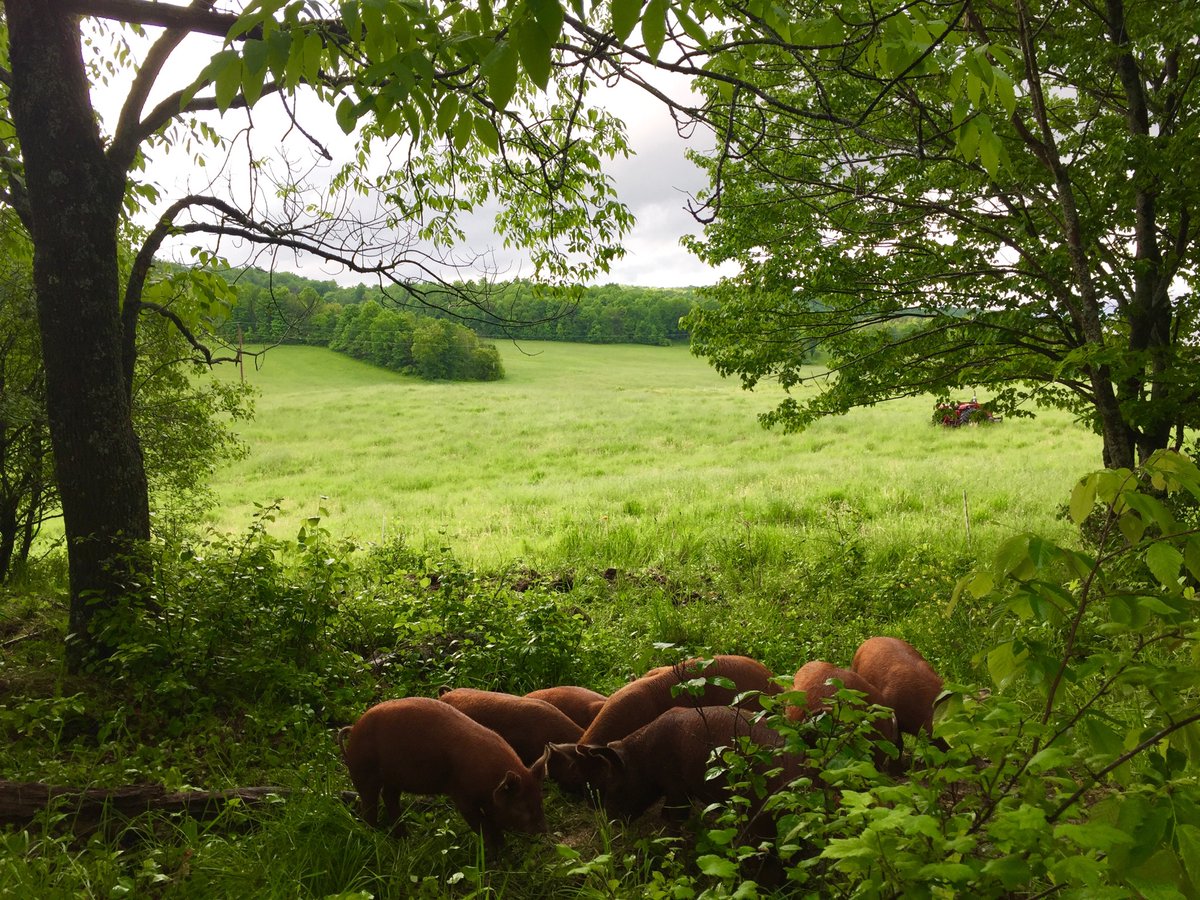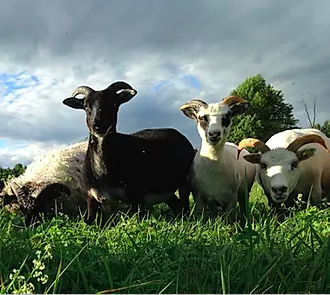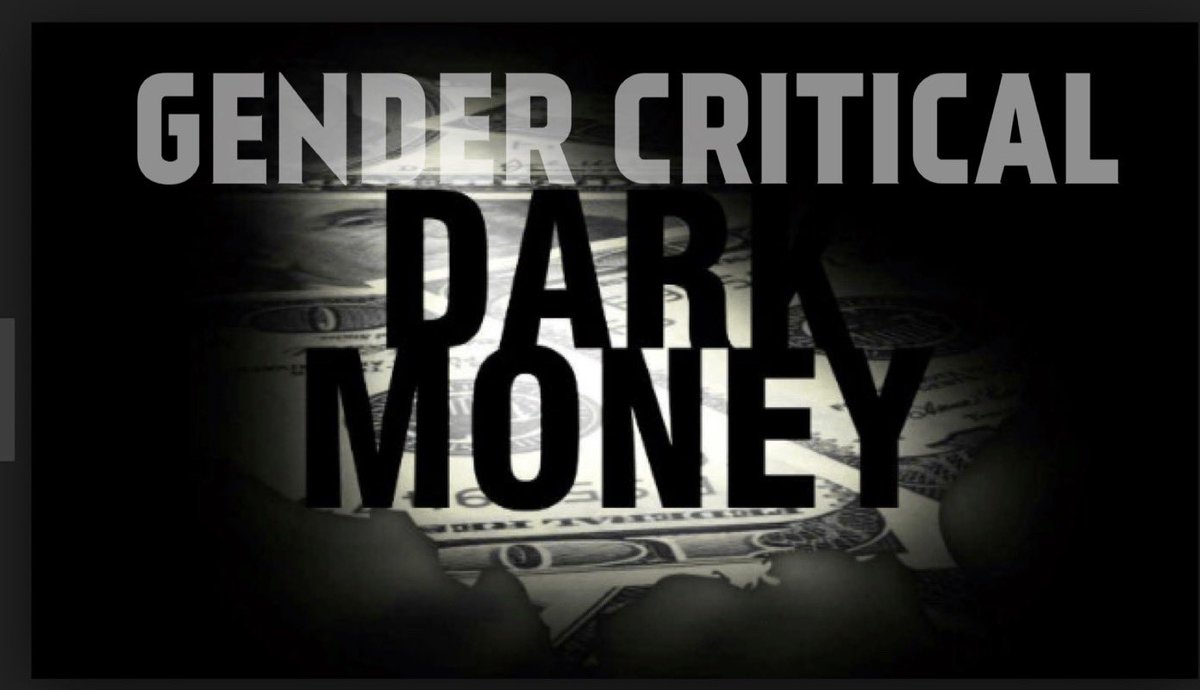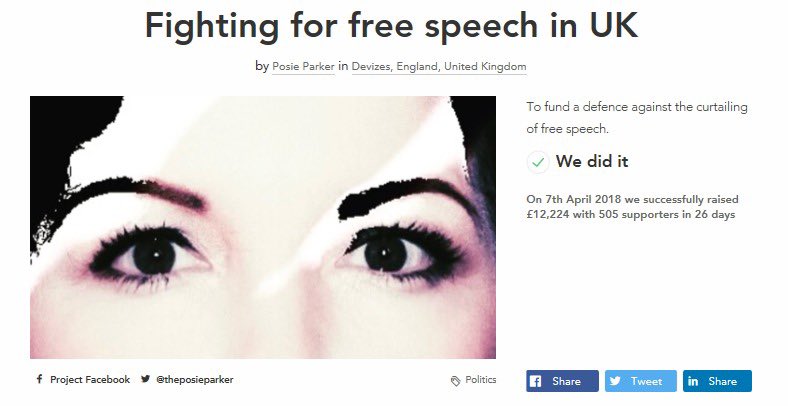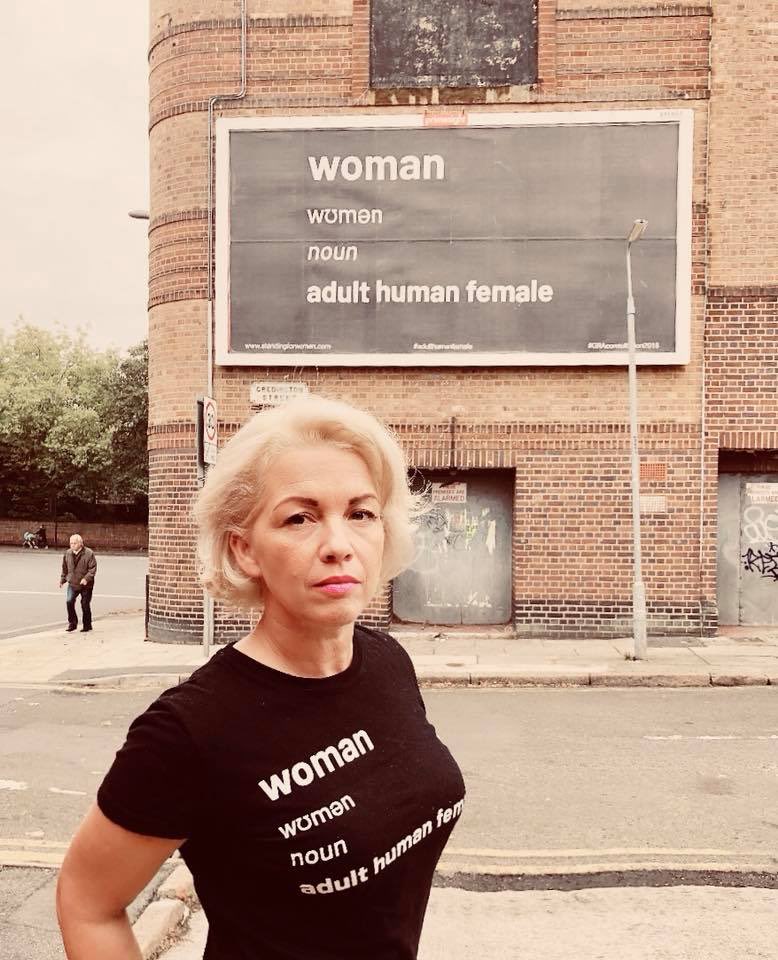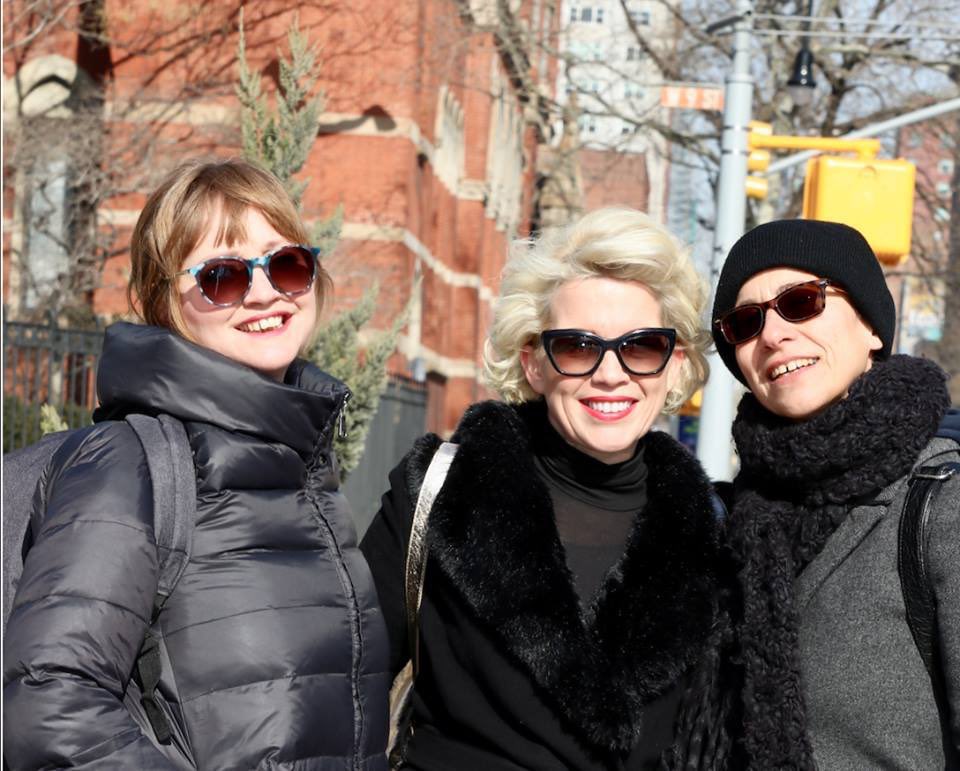ourworldindata.org/food-choice-vs…
For me it was a hobby, for my wife it became a profession…
(suffice it to say she didn't get into it to make an easy fortune!)
(it’s also been extremely fulfilling for ME to help out when I can on the farm; good for #AcWri too!).
(If that seems strange, read this: bbc.com/news/stories-5…)
(I appreciate that for some people the idea of happy farm animals is an oxymoron... I guess we just have to agree to disagree)
Sheep are quite amazing; they can provide CLOTHING; DAIRY; MEAT; COMPANIONSHIP and ECOSYSTEM SERVICES!
[Find a REGENERATIVE FARMER near you!]
“Eating local… is one of the most misguided pieces of advice”!
What!?
It hurts because we KNOW that we’re producing a much BETTER product than what you’ll inevitably end up getting if you make this calculation (“it’s the what, not the where!”)
BETTER IN EVERY WAY! ok, I'm biased..
"you can have a larger difference by focusing on what you eat, rather than ‘eating local’."
GMAFB.
/fin


